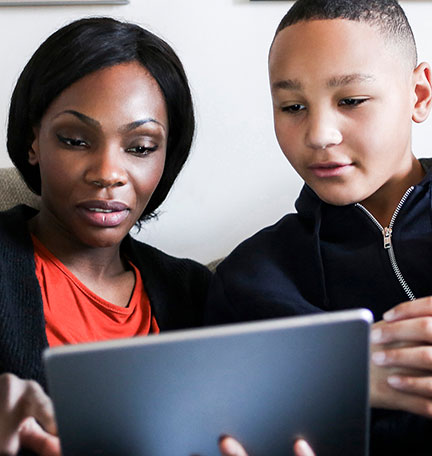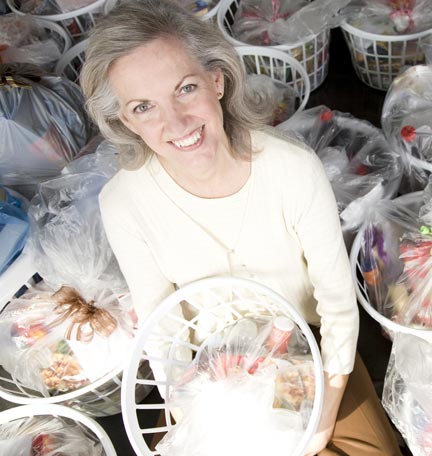Women are taking a leadership role when it comes to philanthropy. Here’s how to ensure your giving goals are met.
When it comes to philanthropy, giving is on the rise. According to the report “Giving USA 2015: The Annual Report on Philanthropy for the Year 2014,” Americans in 2014 donated nearly $360 billion to charity, the greatest total sum in the report’s 60-year history.
Also growing is the number of wealthy women in the U.S. According to the report “Harnessing the Power of the Purse: Female Investors and Global Opportunities for Growth,” women will hold more than $11 trillion in wealth in 2014, both self-made and inherited. That accounts for 39 percent of the estimated $28.6 trillion of investible assets in the U.S.
These two developments create endless opportunities for women who want to take a leadership role when it comes to philanthropic involvement and charitable giving. As a woman, you’re in the driver’s seat.
Philanthropy and Charitable Giving: What Women Want
Women-specific causes have seen a surge in funding in recent years, partly due to initiatives like Women Moving Millions (which has garnered more than $500 million in pledged donations over the past eight years) and female-focused giving circles that pool individuals’ donations to give to the group’s chosen cause.
Women often have strong philanthropic affection to arts organizations, social causes, and children’s foundations. Donations to arts, culture, and humanities organizations, for instance, were up 7.4 percent in 2014, according to Giving USA. That’s the most of any individual philanthropic sector.
But for women philanthropists, it doesn’t stop at donating money. They also tend to be more active participants in the charities they support, whether that means volunteering time or serving on a board.
Indeed, if you’ve worked with a charity for a while and want to become more deeply involved, serving on a board can be a great way to do that. With the right fit, it can be a mutually beneficial relationship: You bring your professional knowledge to the organization (maybe you have a background in public relations, event planning, or finance that can be useful), and at the same time you have the opportunity to network and develop leadership skills.
“Women usually get involved with a group by volunteering before they give significant financial donations,” says Carla Gale, a Regions Private Wealth Management Trust Advisor based in Dallas.
In addition, many women opt to make philanthropy a family tradition. For example, one way to teach responsibility to children and instill a culture of giving is to involve the entire family in a philanthropic cause. That could mean volunteering at a local museum, zoo, religious institution, school, or service organization. You can include your children in a cause to which you already contribute or select a new cause in which everyone is eager to participate.
How Women can Ensure Their Philanthropy Goals Are Met
“It’s important for women to be very intentional with their money,” Gale says. “You want to make sure you’re giving to something you truly believe in, and something you would like to see furthered in your community or region.”
She recommends looking for transparency in a charity, making sure it has a good track record and discloses information that’s important to you. In addition, the IRS provides information regarding registered charities’ financial status and reputation.
Even after you’ve begun participating in a cause, stay abreast of developments within the charity. When governance changes, the direction of a charity can change, so feel comfortable asking questions about a new leader’s mission or vision.
Additionally, you might consider earmarking your donations. Even the most efficient charities spend a percent of their funds on administrative costs, so it’s perfectly fine to specify that your donation go toward funding a particular program or campaign within the charity.
Women already are proving to be game-changers for philanthropy. And by following your passions and staying educated on developments in the philanthropic world, you can ensure your money and time make the largest impacts possible.











